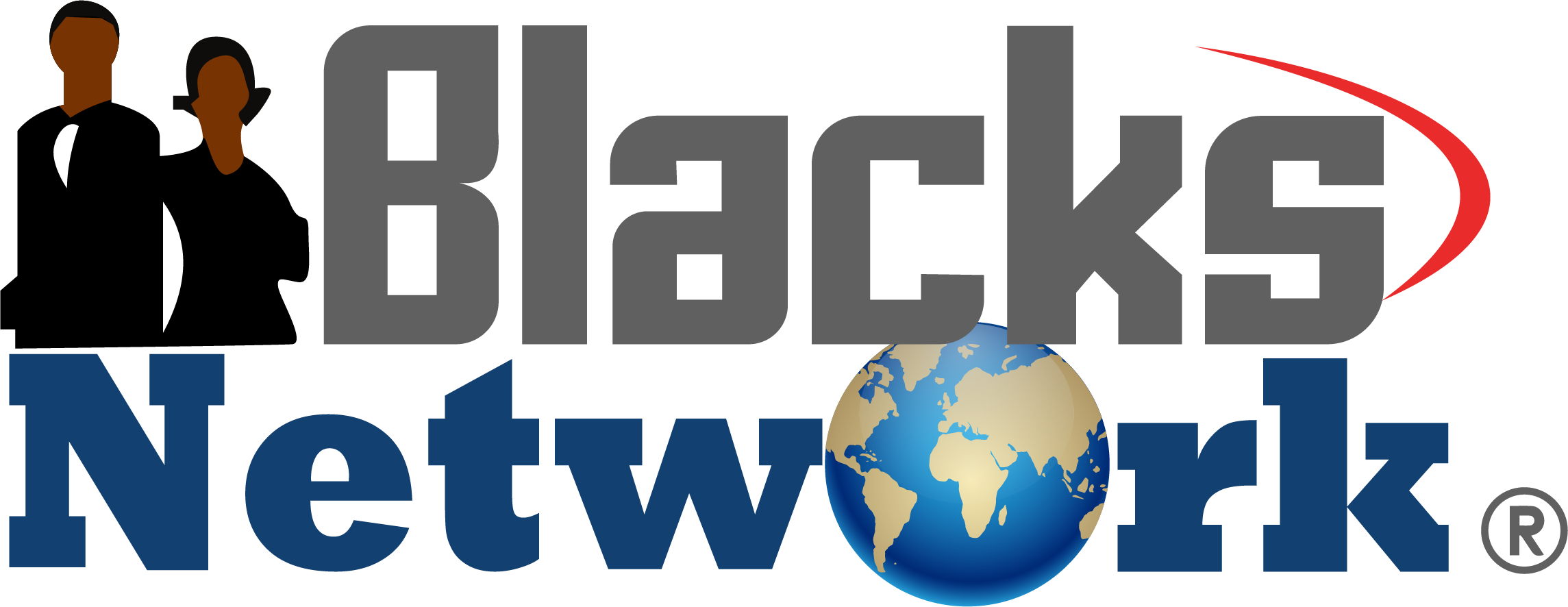Beyond Boundaries: Exploring the Antibody Discovery Market in 2034
The global antibody discovery market is anticipated to reach a valuation of US$ 7,652.2 million in 2024, driven by the increasing incidence of chronic diseases. The trend is expected to create new opportunities for the market, leading to a projected CAGR of 7.2% between 2024 and 2034 and reaching a total valuation of approximately US$ 17,142.7 million by 2034.
Empower Informed Decision-Making: Preview Our Comprehensive Antibody Discovery Market Research Report Before You Buy
One of the major factors contributing to the growth of the market is the collaborations between pharmaceutical companies, biotechnology firms, and academic institutions, which have become more common, facilitating the pooling of resources and expertise for antibody discovery.
Research and development efforts are increasingly focused on multifunctional antibodies that can target multiple pathways or antigens simultaneously, expanding therapeutic possibilities. Antibodies play a crucial role in diagnostics, and the expansion of diagnostic applications, such as in the detection of biomarkers and infectious agents, contributes to the growth of the antibody discovery market.
Advances in understanding of immunology, particularly the role of antibodies in immune responses, drive the identification of novel targets and the development of antibodies for various therapeutic and diagnostic purposes.
Single cell antibody sequencing technologies enable the characterization of individual B cells, providing insights into diverse antibody repertoires and facilitating the discovery of rare and potent antibodies. Combinatorial antibody libraries, which involve the generation of diverse antibody variants, contribute to the identification of antibodies with improved binding affinity and therapeutic properties.
Increasing attention to pediatric medicine has led to the development of antibody therapies specifically designed for children, addressing the unique challenges and requirements in this patient population. The success of immunotherapies, especially in oncology, has prompted exploration into other therapeutic areas, such as autoimmune diseases and infectious diseases, broadening the application of antibody based treatments.
Key Takeaways from the Market Study
Global antibody discovery market was valued at US$ 7,158.3 million by 2023-end.
From 2019 to 2023, the market demand expanded at a CAGR of 8.4%.
The market in China is expected to expand at a CAGR of 10.5% through 2034.
By method, the phage display segment to account for a share of 41.0% in 2024.
From 2024 to 2034, antibody discovery market is expected to flourish at a CAGR of 7.2%.
By 2034, the market value of antibody discovery is expected to reach US$ 17,142.7 million.
"Increased understanding of the role of antibodies in neurological disorders has spurred research and development efforts to discover antibodies for conditions like Alzheimer's disease and multiple sclerosis" says Sabyasachi Ghosh (Associate Vice President at Future Market Insights, Inc.)
Understand global, regional, and country-level parameters with growth opportunities, historical data (2019-2023), and forecasts (2024-2034). Buy this report today!
Competitive Landscape
Prominent players in the antibody discovery market are Danaher Corporation, Eurofins Scientific, Evotec, Twist Bioscience, Charles River Laboratories, Genscript Technology Corporation, Biocytogen, Sartorius AG, Fairjourney Biologics S.A, and Creative Biolabs, among others.
Recent Developments
In July 2022, Bio Techne executed a substantial acquisition, incorporating Namocell into its portfolio. The strategic move not only broadens the array of products of the company, but also diversifies its capabilities into gene therapy development, cell engineering, cell line development, single cell genomics, and antibody discovery.
In 2020, AbCellera announced a multi year strategic research collaboration and licensing agreement with Eli Lilly and Company for the discovery of antibodies targeting up to nine therapeutic targets selected by Lilly.










 1 (877) 773-1002
1 (877) 773-1002